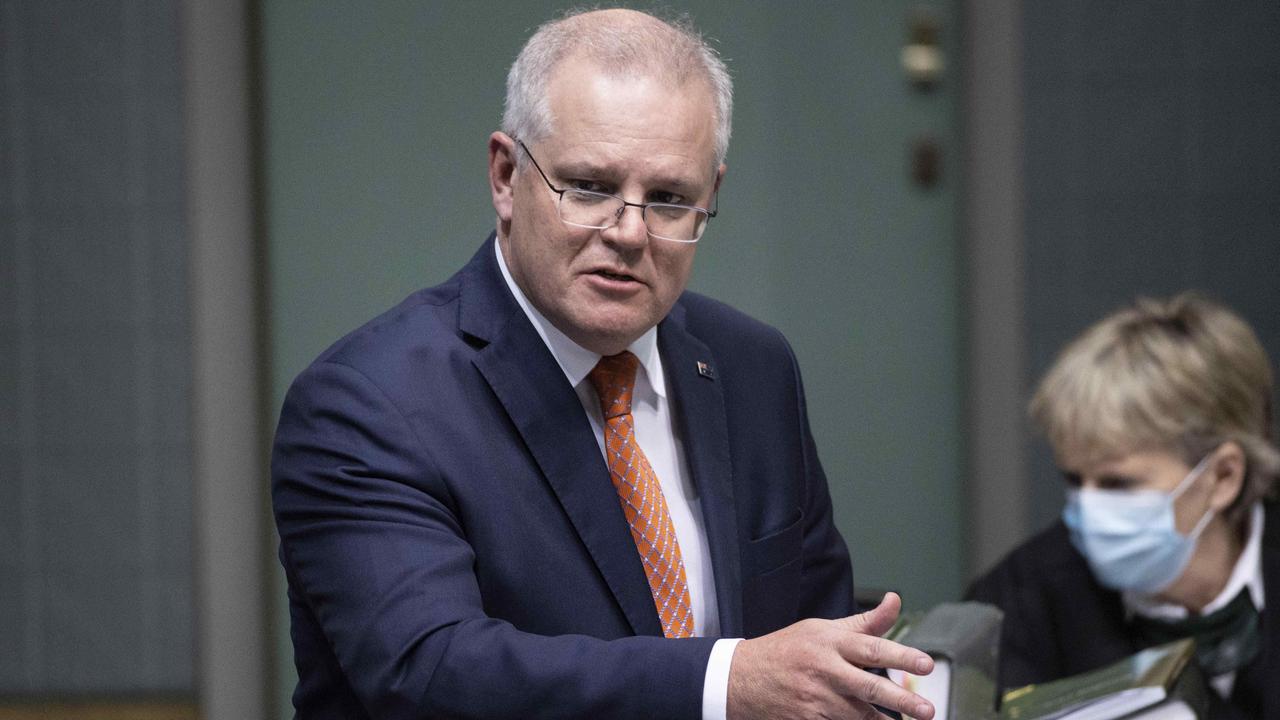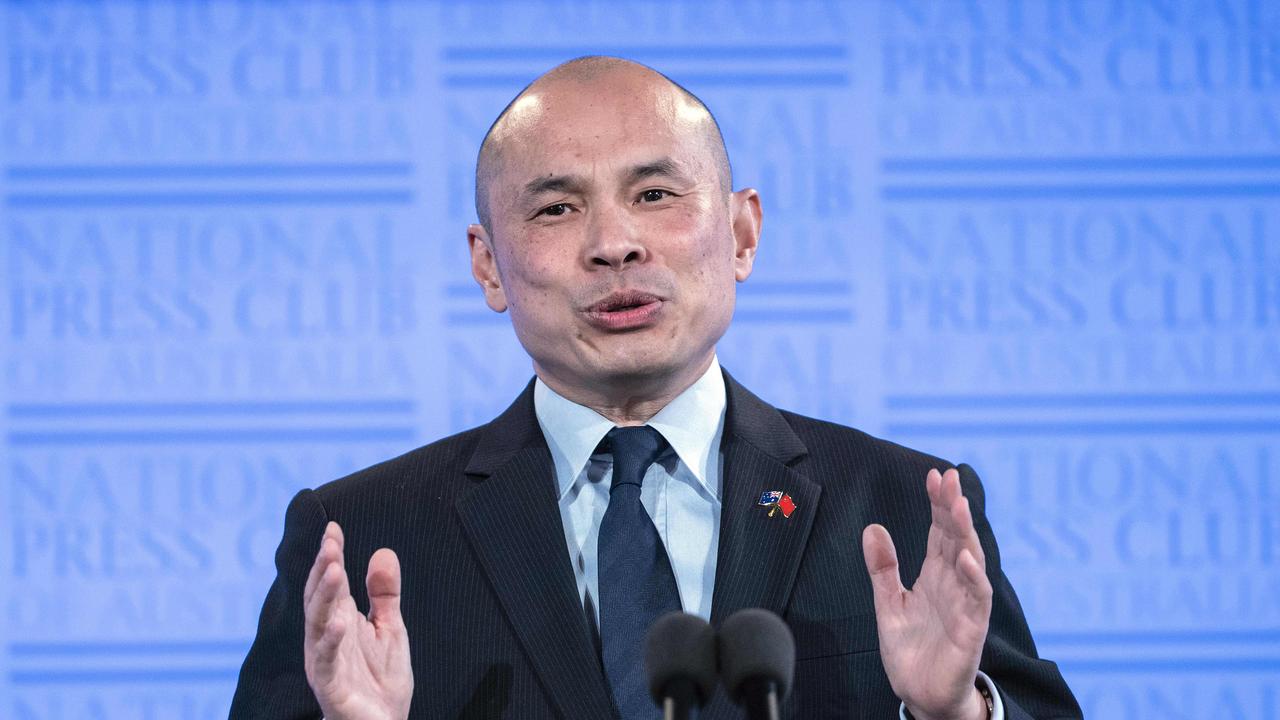Scott Morrison’s unveils new power to block deals between China and states
Scott Morrison will rip up China’s Belt Road deal with Victoria as he unveils new powers to block secret deals between foreign powers.
Scott Morrison will unveil new powers to block secret deals between foreign powers including China with state governments and universities amid rising concern over espionage.
Just hours after one of China’s top diplomats insisted secretive deals with academics in Australia’s universities were simply designed to “spread sunshine”, the Prime Minister will argue urgent reforms are required.
The new test will ask whether or not the proposed arrangements adversely affect Australia’s foreign relations and whether it is inconsistent with Australian foreign policy.
If the arrangement fails the test the foreign minister will have powers to stop the state entity from negotiating, entering, remaining in or giving effect to any new arrangements.
“Australia’s foreign policies and relationships must always be set to serve Australia’s interests,” Mr Morrison said.
“One of the most important jobs of the Federal Government is to protect and promote Australia’s national interest.”
The reforms also follow concerns over Victoria’s Belt and Road initiative to build infrastructure in the state.
RELATED: Follow our live coronavirus coverage
RELATED: China’s Deputy Head of Mission says COVID-19 did not originate in China

RELATED: Victorians urged to claim cash compensation over lockdown
The Federal Government will also have powers to terminate private contracts and other agreements, as well as infrastructure construction contact that comes about as a result of the Victorian Belt and Road initiative program.
Within six months of the introduction of the new laws, states and territories, local councils and public universities will have to complete a stocktake, and notify the Commonwealth of their existing arrangements with foreign governments.
But the changes will not come as a surprise to state premiers who were briefed on the proposed reforms in recent weeks.
“I recently arranged for all premiers and chief ministers to receive a comprehensive national security briefing. It is vital that when it comes to Australia’s dealings with the rest of the world we speak with one voice and work to one plan,” Mr Morrison said.
Under the proposed changes, Foreign Minister Marise Payne will have the power to review any existing and prospective arrangements between state and territory governments and all foreign governments.
“It is vital for Australia’s prosperity, security and sovereignty that our foreign policy is driven by our national interest,‘’ she said.
“There is currently no legislative requirement, nor clear understanding, that states and territories consult properly with the Commonwealth on arrangements with foreign governments.”
RELATED: Kevin Rudd warns of ‘hot war’ between China and the US

In a rare address to the National Press Club on Wednesday, China’s Deputy ambassador Wang Xining was quizzed about the “Thousand Talents Plan” that recruits top scientists from around the world including Australia.
“The scientists are trying very hard to spread sunshine over our relationship,” he said.
“It’s up to the scientists to decide where to work, who to collaborate with. I’d rather see the sunny side of our co-operation in technology and science.
“It has brought, and it will bring, enormous good to our business, to our society and to our people.”
The Australian newspaper revealed this week that the Chinese government is actively recruiting leading Australian scientists for a secretive research program that offer lucrative salaries and perks.
But the secretive deals require researchers’ inventions to be patented in China.
In the United States, the FBI has raised concerns the program represents economic espionage and a national security threat.




